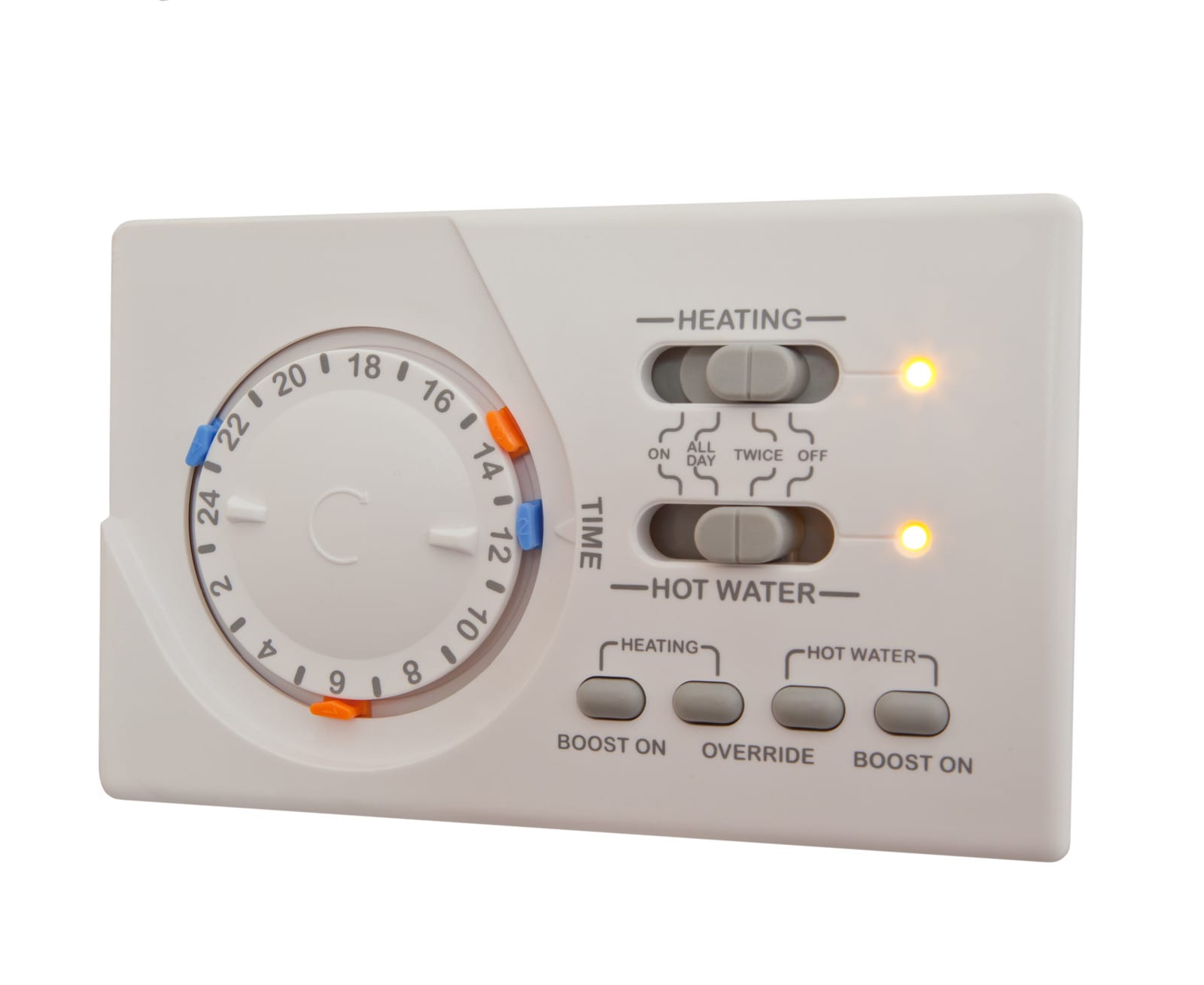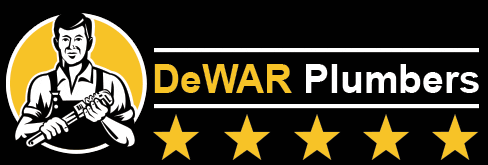Alternatives to a Boiler Upgrade
Tuesday, April 1st, 2014
Alternatives to a Boiler Upgrade – There are a great many problems which can arise in relation to gas and oil boilers. Do not despair though, as with many potential problems come many potential solutions! When a boiler stops working properly, it is human nature to expect and fear the worst; that your boiler is broken and it will need to be replaced.

Boiler Upgrade
Replacing a gas or oil boiler is a time-consuming process which is best avoided if there are other solutions available. There are often less intrusive (and, indeed, costly) alternatives to carrying out a full scale boiler upgrade. The following situations are examples where replacing a boiler in its entirety may not necessarily be your best option:
When Your Boiler is in an Awkward Location:
In some cases, your gas or oil boiler may be situated in a poorly chosen location, making any potential removal of said boiler extremely difficult to carry out. In the past, many homeowners would have their boilers installed somewhere ‘out of the way’ in order to take up as little space as possible, with little regard for future ease of access.
Such boilers can be very hard to get at, particularly if they are ‘walled’ inside a sturdy protective structure. In these cases actually getting at the boiler is a challenge in itself as structures may need to be torn down and later rebuilt during the course of the operation. This is a time consuming, awkward and expensive process. When you take all of this into consideration, the idea of replacing a boiler can be unappealing.
When Low Water Pressure Discourages Boiler Upgrades:
In very rare cases, some high efficiency condensing boiler installations may not be possible due to there being insufficient water pressure in the region. Condensing boilers need high levels of water pressure in order for them to work at their maximum output. Unfortunately, some areas simply do not have sufficient water pressure for them to work properly. If you find yourself in such an uncommon situation, you should make sure that you do everything in your power to ensure that your existing boiler is working at its optimum levels of fuel burning efficiency
In such cases, it is essential that you have your boiler serviced regularly by a professional engineer and that any repairs that are needed are done quickly and efficiently, before they can become much larger and more expensive to rectify problems (such as boiler breakdown).
When You Can Save Money in Other Ways:
The most common reason cited by people who want to upgrade their oil or gas boiler to a high efficiency condensing model is that they want to take advantages of the long term monetary savings associated with needing to use less fuel to heat up their homes.
However, the relatively high start up cost of having a new oil or gas boiler installed may not be the most economically viable option in all cases. If your current boiler set up is a quality brand and model and has been maintained very well, there is a chance that it might not be a long way off a high efficiency condensing boiler in terms of converting fuel into usable heating energy.
A perfectly maintained non-condensing boiler may only be as little as 10 or 15% less efficient than a new condensing boiler. In such cases, the savings you make in relation to fuel saved in the burning process may take a while to accumulate to the point where they offset the cost of upgrading your boiler to a high-efficiency model.
In such cases, you might be better off ensuring that your current boiler remains in tip top shape by having it serviced by a professional on a regular basis and have any minor repairs carried out as you go. On the other hand, in the case of such non-condensing boilers, replacement parts may be more difficult to source as non-condensing boilers find themselves becoming less common, with high efficiency condensing boilers replacing them on the market.
Think About Installing Heating Controls:
One particularly useful and effective means of reducing your central heating bills without installing a new high efficiency condensing boiler is by installing heating controls. Heating controls are useful because they give you a much more precise level of control over your central heating system. You can use them to time when your heating comes on and off and what temperature it should run at, meaning you only need to use up as much fuel as you see fit.
When used correctly, the average household can save roughly 20% off the cost of their home heating bills when they have heating controls installed. There are also grants available which can greatly limit the cost of having such heating controls installed.
Consider a Power Flush Service:
In many cases, the main cause of a central heating system not heating up rooms properly is not a result of something going wrong with the boiler itself, but clogged piping and radiators. Over time, limescale and all manner of dirt can accumulate in your central heating system, causing all manner of problems, most notably a decrease in the system’s heating efficiency.
A power flush service is a process that involves running warm water as well as gentle cleansing chemicals through your heating system in order to clear out any blockages. You can find out more about how power flushing a heating system works here.
Which Option Is Best For Me?
It is always a good idea to discuss your boiler and general central heating system requirements with a fully registered gas installer or an OFTEC (Oil Firing technical Association) registered professional before deciding on what option is best for you.
By calling DeWAR Plumbers on our free phone number 1800 911 333 or sending us an email, you can get expert advice in relation to all of your home heating needs.
Share this post:
on Facebook
Deprecated: File Theme without comments.php is
deprecated since version 3.0.0 with no alternative available. Please include a comments.php template in your theme. in
/var/www/vhosts/dewarplumbers.ie/httpdocs/wp-includes/functions.php on line
6085



